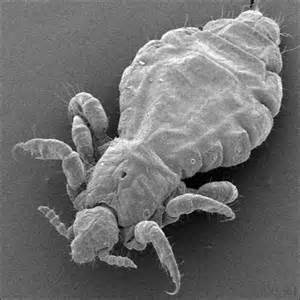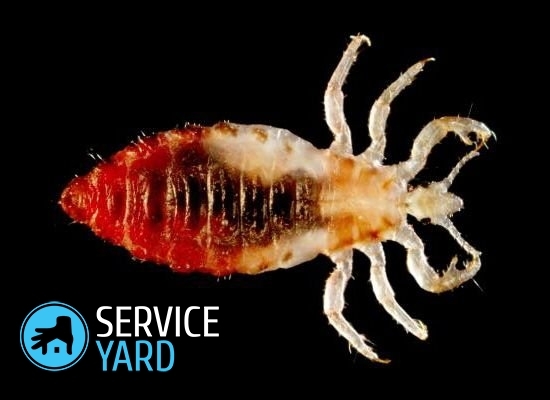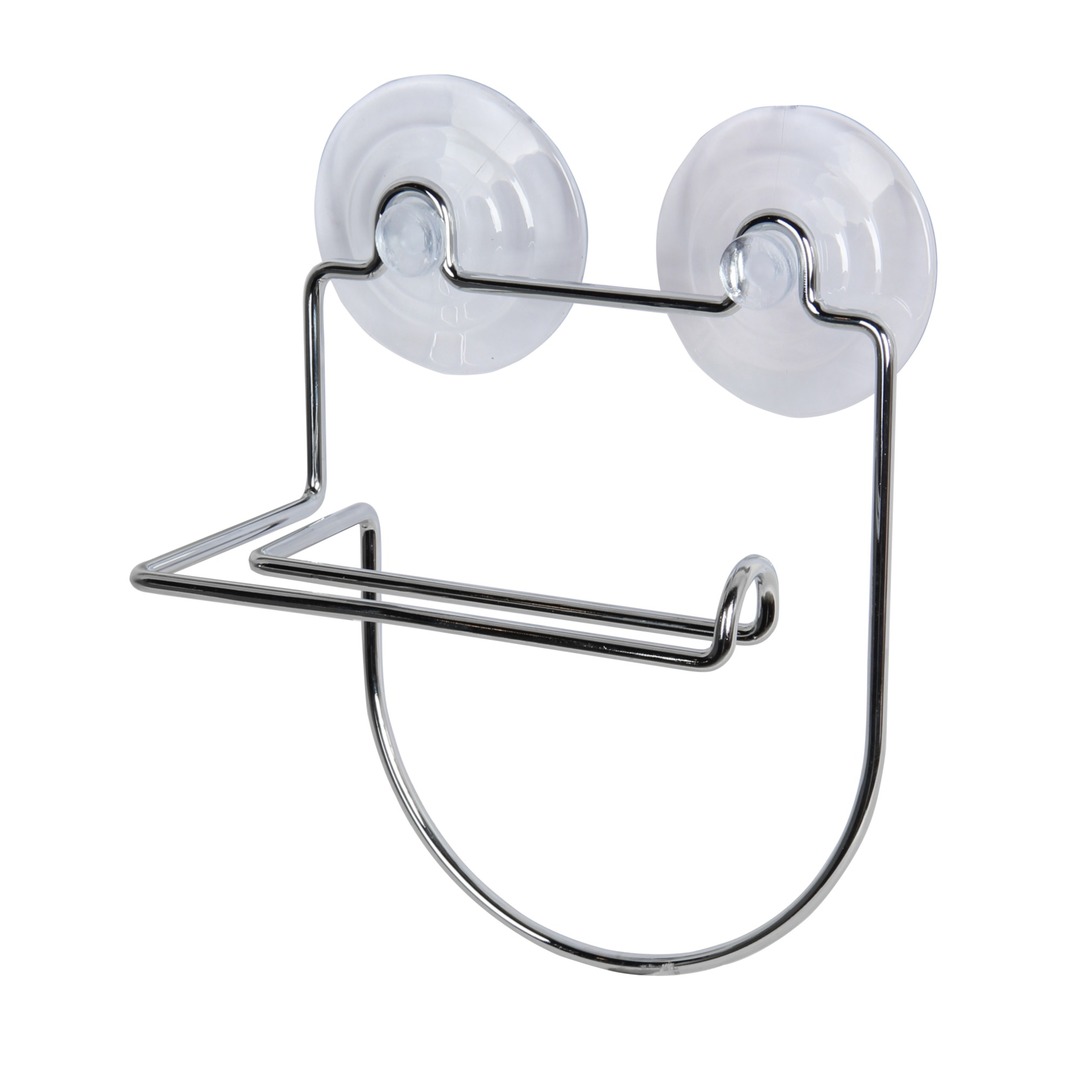
- Chicken lice, combating them
- How to detect parasitic infestation of chickens?
- How to get rid of chicken lice in a barn?
- How to use insecticides correctly?
- Folk remedies for chicken lice
- Prevention of parasites
Poultry is one of the main meat sources on the market, however chickens can be sick with the most common diseases: infectious and non-infectious, congenital and parasitic. Diseases caused by parasitic arthropods living in the body of their host can in some way disrupt the function of the whole organism. Therefore, the questions: how to develop chicken lice, how to get rid of them - excite many poultry farmers.
Important! Pediculosis in chickens is very damaging to their health. First, oviposition decreases, and then the weight of the bird. If adults can tolerate the disease safely, the chicks, in general, die, as they are poorly protected, and can not themselves fight pests.
to content ↑Chicken lice, combating them
 External poultry parasites live on or inside the skin and feathers. The presence of lice( poohoeids and beekeepers) depends on the conditions of their transmission from poultry to poultry. If at home the problem with parasites is less acute, due to the small number of age groups, then at large production poultry farms where the population is large, the probability of spreading insects is much greater.
External poultry parasites live on or inside the skin and feathers. The presence of lice( poohoeids and beekeepers) depends on the conditions of their transmission from poultry to poultry. If at home the problem with parasites is less acute, due to the small number of age groups, then at large production poultry farms where the population is large, the probability of spreading insects is much greater.
Important! Given such peculiarities of bird breeding, it becomes clear that at the first signs it is necessary to urgently search for a safe, but effective method of how to get rid of chicken lice.
Lice, as well as fluffy - are exclusively parasitic insects and have the following symptoms:
- The body is small( 0.3 to 6 mm in length), highly compacted and divided into three parts. Color is light red.
- There are three pairs of legs with specially designed claws( one claw per foot).Such a device of legs helps the parasite to firmly cling to the animal's hair.
- Antennae are hidden in special pits.
- The head of a chicken louse is wide, semilunar.
- Oral apparatus piercing-sucking, in the form of a short proboscis. The blood of an animal parasite sucks with the help of a strong musculature of the pharynx, as well as the oral cavity. Penetrating saliva in the wound does not allow blood to coagulate.
Important! There are about 40 species of lice that affect chickens. Parasites weaken the birds, causing severe itching. In addition, some insects can carry pathogens of dangerous diseases, for example, anthrax, tularemia and others.
Parasites multiply continuously and evolve very quickly( one generation in about a month).Therefore, the remedy for chicken lice should be quick and effective.
to the table of contents ↑How to determine the contamination of chickens by parasites?
It should be noted that chicken lice and the control of them can result from:
- Poor feeding.
- Worsening of the conditions of detention.
- Contact with sick animals, for example, with wild birds.
- Decreased immunity.
To detect the signs of the disease is not difficult:
- In domestic birds infected with parasites, irritation appears on the skin.
- They constantly clean their feathers and scratch.
- The main manifestations of pediculosis is the presence on the feathers of the bird of yellow-brown parasites with sizes from 1 to 5-6 mm, as well as a decrease in body weight, nervousness and an inexplicable drop in productivity.
Important! To detect parasites, it is necessary to sort out feathers of domestic birds, and also to inspect the anus of chickens. In these places very often there is a possibility of the appearance of both fleas and chicken lice, besides, pets can be hit by ticks.
To see small parasites, you need bright lighting and naturally, good eyesight. For additional lighting, you can attach an illuminator to your head.
Important! To control infected birds in production flocks, select at least 2 times a month for 20-50 heads randomly from all parts of the room. In the birds under test, carefully inspect the legs, head and anus. If the found parasite can not be immediately identified, then send the insect to the laboratory or to the entomologist.
Blood-sucking parasites( chicken mites, bedbugs) that attack birds only for food are much harder to detect, since it is necessary to check walls, cracks, roosts and all secluded places where insects can hide.
 All material nests, the dust that has accumulated in the room, can be checked, spread out in a white bath to detect parasites.
All material nests, the dust that has accumulated in the room, can be checked, spread out in a white bath to detect parasites.
Important! The number of lice on a bird, as well as the severity of the course of the disease, directly depends on such external factors: humidity, breed of chicken. If the breed of chickens has a short beak, then the bird can not purify itself of the parasites, and thus, the number of insects will increase rapidly.
to the contents ↑How to get rid of chicken lice in a barn?
Measures to combat parasites are very diverse. Widespread use of insecticides - funds from chicken lice, causing the death of harmful insects.
Important! Manufactured preparations can be in the form of ointments, solutions, sprays.
Insecticides are also available in the form of soluble powders, water-dispersible liquids, emulsifiable concentrates. Preparations are intended for their application in the form of a spray solution or aerosols.
Insecticides are also available in the form of a pulverized product( dust) or baits. This kind of funds, as a rule, are already ready for use.
The main chemicals used for the direct treatment of poultry, bedding or sheds are:
- Organophosphate compounds.
- Synthetic pyrethroids.
- Pyrethroid insecticides.
- Carbamate.
The disinfectant and chemical insecticides can not be mixed for complex use. It is useless to use old, but ineffective inorganic agents, such as sulfur and lime. If chicken lice have appeared - how to get rid of them, it is necessary to determine, proceeding from modern possibilities and the available budget for treatment.
Important! For the control of parasites, preparations based on chlorinated hydrocarbon are prohibited, since this chemical compound can accumulate both in eggs and in meat.
When using insecticides in order to get rid of chicken lice as quickly as possible, observe the following rules:
- Strictly observe the instructions glued on the packaging of the special instruction so as not to exceed the admissible amount of the preparation.
- Do not allow contamination of food and water by chemical means.
- Use caution and safety precautions when handling this product.
- Collect all eggs before insecticide treatment. During spraying or aerosol spraying with the drug, make sure that the ventilation of the room is functioning well.
Important! Inaccurate concentration or volume of the insecticide, its incorrect application, as well as contamination by the preparation of feed, water, soil or litter, will result in the accumulation of pesticide residues in eggs or meat.
to the contents ↑How to use insecticides correctly?
In industrial poultry farming, labor-intensive methods that are applied to individual chickens, such as treatment with disinfectant solution or dusting, are unacceptable. The key to successful application of the drug and ensuring control is the ingestion of an insecticide at the places where the parasites are directly located. Therefore, most often, to get rid of chicken lice, use aerosol drugs.
When spraying, the following procedure should be followed:
- Each bird should be subjected to the most thorough treatment, that is, it must be wet to the skin.
- Habitat of birds should be carefully treated with chicken lice so that insecticides can be found in all possible habitats of parasites.
Important! If laying hens are grown in cells, the most preferred method of treatment is spraying the preparation under high pressure from the outside of the cell. Use other types of equipment. The most important thing is that they ensure that the insecticide hits the feathers and skin of the bird.
to content ↑Folk remedies for chicken lice
To remove lice with folk remedies, use herbs and substances to which parasites are sensitive.
For fighting, you can use:
- Ointments with mercury and lard.
- Wormwood and other bitter herbs.
- Plants with a specific odor that repel insects.
- Ash with the addition of sand is an effective method against parasites. Wood ash can be sprinkled with bird feathers.
- Medical tar dilute with sunflower oil 1 to 1 and treat feathers of birds.
- Kerosene also kills parasites.
- Use a mixture of sulfur, sand and ash to fight against parasites. Add the wormwood and celandine to the mixture, and wipe the bird several times.
Important! All these methods are suitable only for home, private use, but not for industrial poultry farms.
to the contents ↑Prevention of parasites
To avoid the problem of parasites getting rid of poultry, regularly carry out preventive measures:
- Avoid contact of poultry with wild birds.
- In winter and autumn, at least 2 times a month, regularly inspect the birds and, if necessary, treat them. Processing in each case, identify chickens twice - with an interval of 7-10 days.
- After clearing the barn from the bird, perform a thorough cleaning of the room so that no parasitic insects appear on the remaining feathers.
- At the cellular maintenance of birds, control regularly by random selection of birds, twice a month.
- Pour ash into the cage or poultry house( at the birds' location).You can mix ash with sand, so that the bird bathed in the product.
- Poultry house walls whitewash with lime mortar.
- Do not limit the bird space, even if it freely walks to reduce the chance of parasites entering.
- In the henhouse should be constantly clean.
- Hang out the wormwood in the hen house - its essential oils will drive all the parasites out of the room.
- Change the bedding for chickens more often.
Chicken lice are not very dangerous, but at the same time, this disease can cause a decrease in the productivity of laying eggs and the death of chicks. Therefore, as soon as you find the first signs of the disease in poultry, start destroying the parasites immediately. Use for this purpose our advice and recommendations, so that the disease does not affect your profit and the health of domestic chickens.

